I was a pretty lost and reckless high school student back in the day, but I was lucky, too. I’d managed to get into the High School of Music & Art (one of nine specialized high schools in New York City where you have to pass a test to get in). I was a voice major, which for me meant singing tenor in chorus. And I wrote songs on the piano, which meant an elective composition class on Fridays and bringing a new song in every week.
All of us who got into the school knew how lucky we were to be there, which could make us competitive, but also collegial and empathic. And because music was vital to any kid in any high school at that time—a school’s music curriculum would sometimes be their only motivation to go to school at all. My own experience in high school and later, majoring in music (mostly jazz) at Bennington College, convinced me that having an education in music somehow made me more curious and gave me a great deal of self-confidence and a sense of belonging.
I’ve recently moved to Newport, RI, and that sense of belonging is part of what makes the Newport Folk Festival, starting this weekend, the iconic concert series it has become since its founding in 1959. Each year, thousands of music lovers come to Fort Adams State Park to preserve the legacy of American folk music, and watch on stage the incredible range of what’s happening now in folk music. What most people don’t know however, is the important nonprofit work initiated by The Newport Festivals Foundation (“NFF”)— which for more than a decade has been instrumental in creating grant support for music education programs in the Newport community and the entire Aquidneck Island region, in addition to fostering partnerships in helping to provide support nationally.
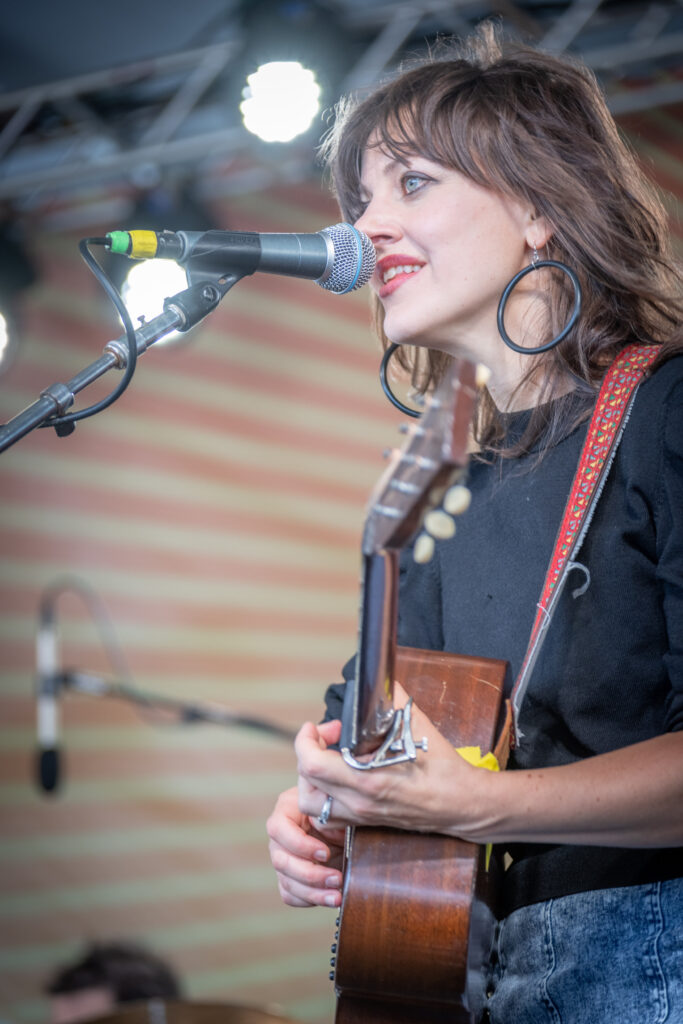
Dan Swain, Development Director of the NFF, believes that a music education actually helps kids become emotionally mature. “I think schools don’t understand that. They just see a kid playing the trombone. They just see a kid learning Beethoven or whatever. They don’t see that what that’s doing is teaching kids how to express themselves. They’re not thinking about school as a place where kids are figuring out how to process the world around them.”
Since the late ‘90s, music education programs in this country have been sorely underfunded, if they exist at all. And it’s an even more lamentable fact that the schools with the least funding are very often located in districts serving Black, immigrant, and low-income student populations. In a world that seems to prize data more than it prizes art, music education programs in American schools have been practically decimated. In 2011, in an organized effort to invigorate music education in the schools and elsewhere, the NFF started a program called Artists Give, which is unique, in that each year, the Folk and Jazz Festival artists themselves are asked to suggest a nonprofit for grant support.
As an example, The National chose as its recipient, Buffalo String Works, which provides music instruction and a creative home for refugees, immigrants, and the historically marginalized. Bonny Light Horseman and Friends chose She Is The Music, a nonprofit organization focused on increasing the number of women songwriters, engineers, producers, artists, and music industry professionals.
And because many musicians are too busy to vet a particular nonprofit that interests them, NFF takes on that vetting part, as part of their usual grantmaking process. Dan Swain, who is responsible for the program’s logistics, explains: “Some artists already have causes that they’ve been a supporter of for years. Other artists are either young or haven’t thought about music education. But interestingly enough, many of the artists are uniquely qualified to be involved in this program because they’re the ones that benefited themselves from a music education program. What can we do? How can we make an impact here? Our strength as an organization is our solid relationships with musicians. And those musicians have megaphones who can step up and say, ‘I care about this cause. You should, too.’”
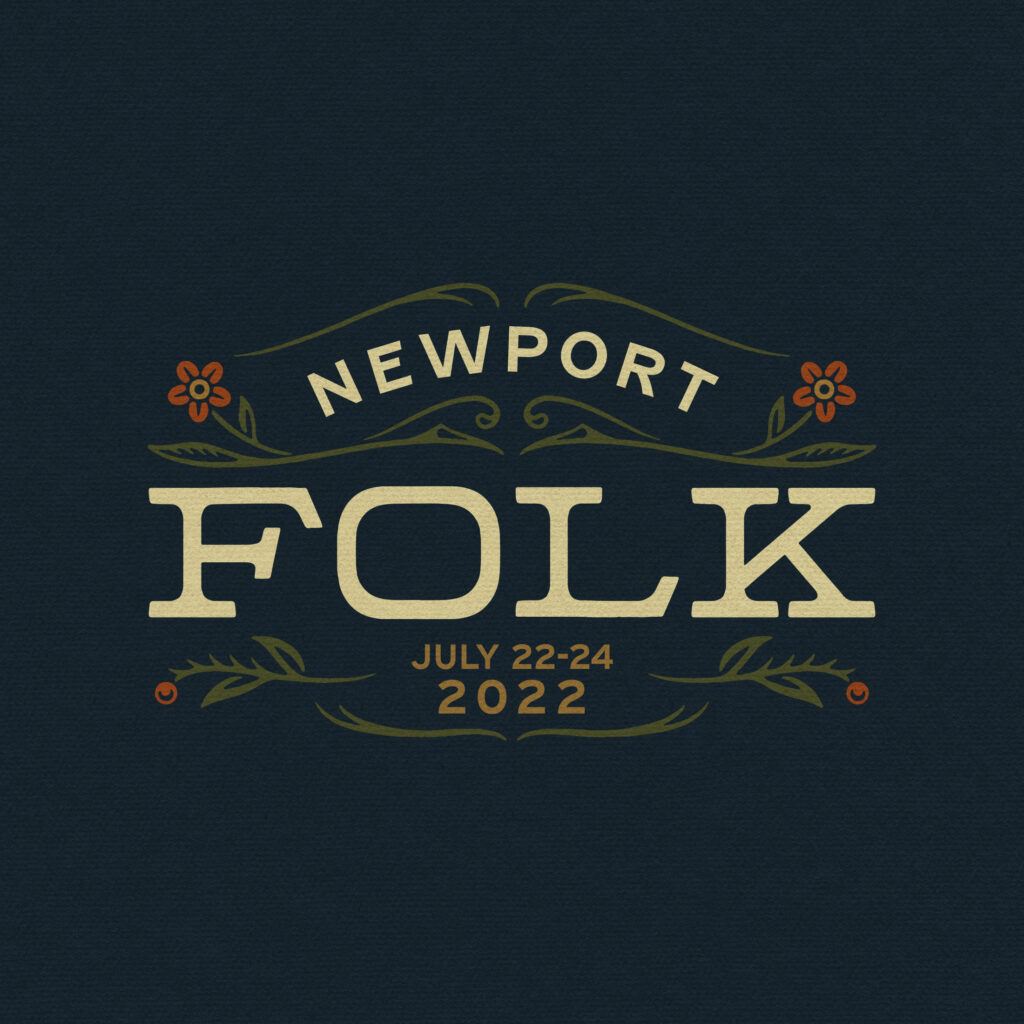
The NFF has also been a lifeline for other initiatives as well, including an instrument donations program, which provides new and gently used instruments to students across the country. And the Ambassador Program, whose work includes Newport Jazz Assembly Bands that go out and present assembly programs on the history of jazz for schools in Rhode Island, Connecticut, New Jersey, and Michigan.
And finally, the NFF gives to the performing artists themselves. As a result of COVID-19, the foundation initiated the Musicians’ Relief Fund which gives money to artists in crisis due to the pandemic. The last couple of years have been particularly devastating for musicians because the way they make a living depends on congregating in public—tours, concerts and festivals—all of which weren’t happening because of the virus. To date, more than 500 of these grants have been awarded to artists in crisis. And in November of 2021, the NFF partnered with Rainey Day Fund, which was launched through a Rainey Day family donation of $45,220 to be allocated to support BIPOC, LGBTQ, and disabled musicians and content creators working in Roots music.
My early education in music lead to a brief encounter of writing songs and playing clubs in New York. But eventually my mind opened to writing poetry and essays—which, of course, would never have happened without the music background. After all, most writing comes out of a kind of reading. And when I read, I am looking at words and language, but I am listening, too—deep listening. Music—for anyone devoted to it—is the first real falling in love with something based only on how it makes us feel. And in my idealistic mind, for that reason alone, music education should get the funding it needs to continue enriching young lives.
The 2022 Newport Folk Festival runs from July 22 – 24.
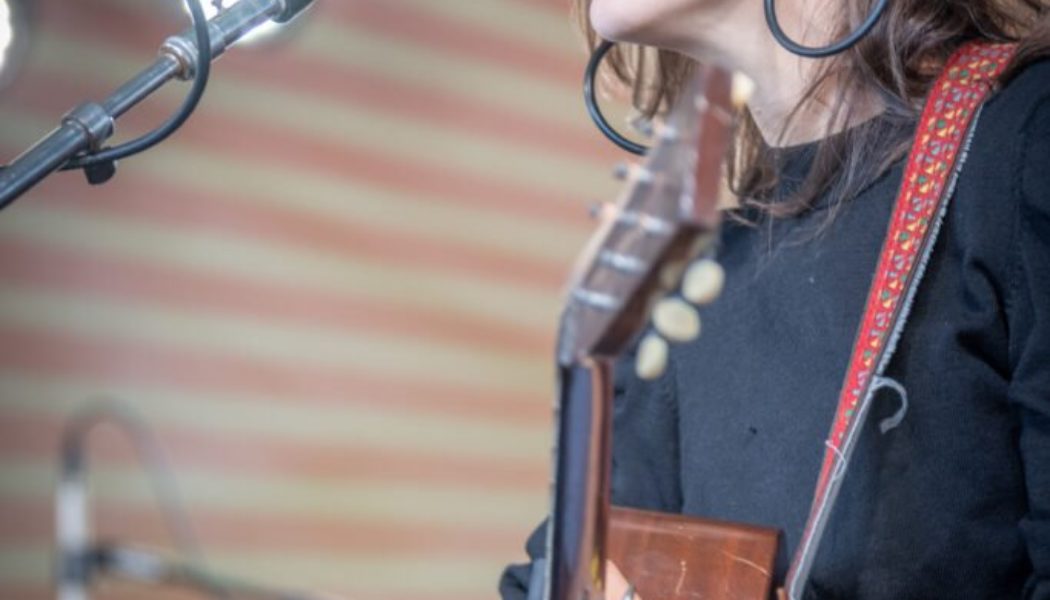

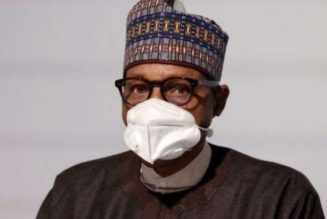


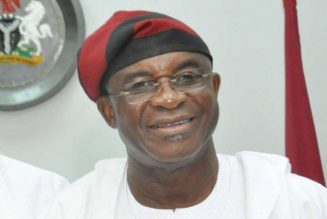
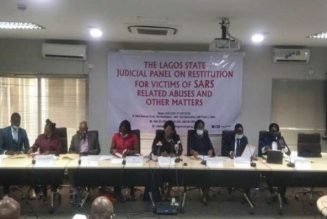
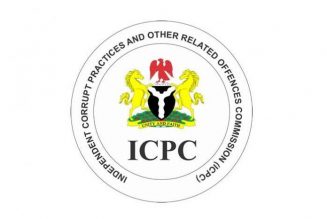
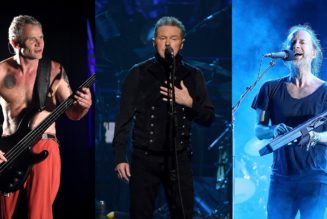
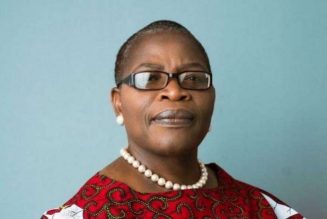
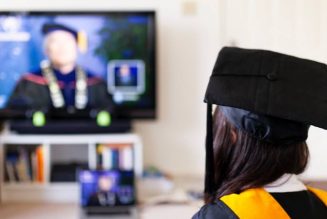
Tagged: Education, IMPACT, Newport Folk Festival